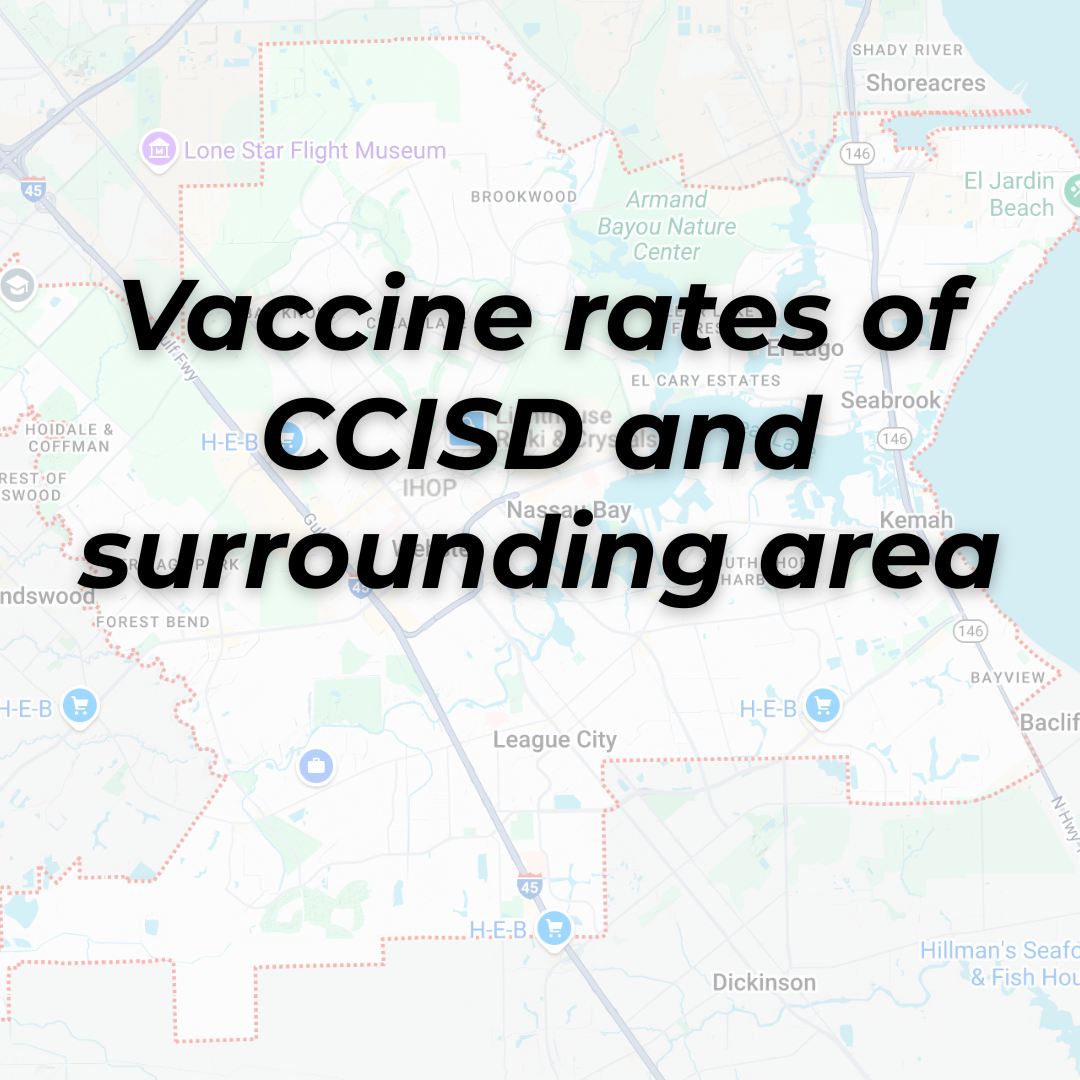8fe8f0_fd475c291d07486188088f0d5c2ffa33.pdf (wrencollective.org)
8fe8f0_cd056b2be4634f3e9410053388c79bfe.pdf (filesusr.com)
Do murderers deserve to die? Does anyone? The death penalty is a heated debate topic, fought with underlying questions about morality and the value we place on human life. However, a recent Harris County report investigating the legal proceedings of 28 death penalty cases revealed information that is far less divisive. The Wren Collective, the former public defenders who made the report, prove legal inadequacy in presenting 28 death row cases to the jury, failing to reveal information that could have saved lives.
This includes things like history of physical or sexual abuse, an upbringing in extreme poverty, evidence of a mental illness or disability, and serious parental neglect. If even one jury member votes against the death penalty, the accused cannot be subjected to it. Giving background and context for an individual’s life before they committed a heinous act is crucial for building understanding, if not sympathy.
One reason establishing and presenting evidence in court might have been such a challenge is the sheer number of cases lawyers overseeing capital punishment cases are taking. There are 46 lawyers qualified to serve as first chair to these cases in Harris County, with more than 400 capital murder cases to preside over. Texas’ Regional Public Defender Office limits attorney caseloads to no more than five cases at a time. All the lawyers involved in the reviewed cases had at least 100, but usually far more. And these estimates are only measuring what they got paid for. It’s entirely possible that there are more open cases that have yet to yield a profit. There simply isn’t enough time for lawyers to give each case the attention it needs and deserves. Nowhere is this more important than when someone’s life is on the line.
Additionally, the system itself is biased against the defense with judges being the ones to appoint lawyers to high value cases and pay them for their work. This discourages behavior which might upset the presiding judges, such as asking for more time, money, or resources to dig into a client’s case. These resources include mitigation specialists, who are trained to investigate the defendant’s history extensively looking for any evidence that could help explain the crime. Their insights are vital to capital punishment proceedings, but constraints keep them from doing their work effectively. The judges are often facing external pressures motivating them to keep cases shorter or less expensive, and the lawyers aren’t fully to blame for complying. The problems The Wren Collective unearthed seem to be structural, a result of a system not functioning as it should. On the list of things to reform, justice for murderers is low on most people’s priority list.
However, this world is already full of needless death and our legal system is predicated on the concept that everyone should have a right to a competent defense. A principle that seeks to keep our courts as unbiased as they can be. The report doesn’t condemn the individuals as much as the systems that enable the corruption it’s uncovered. As of now, it’s uncertain whether or not Harris County will take significant action based on its findings.













